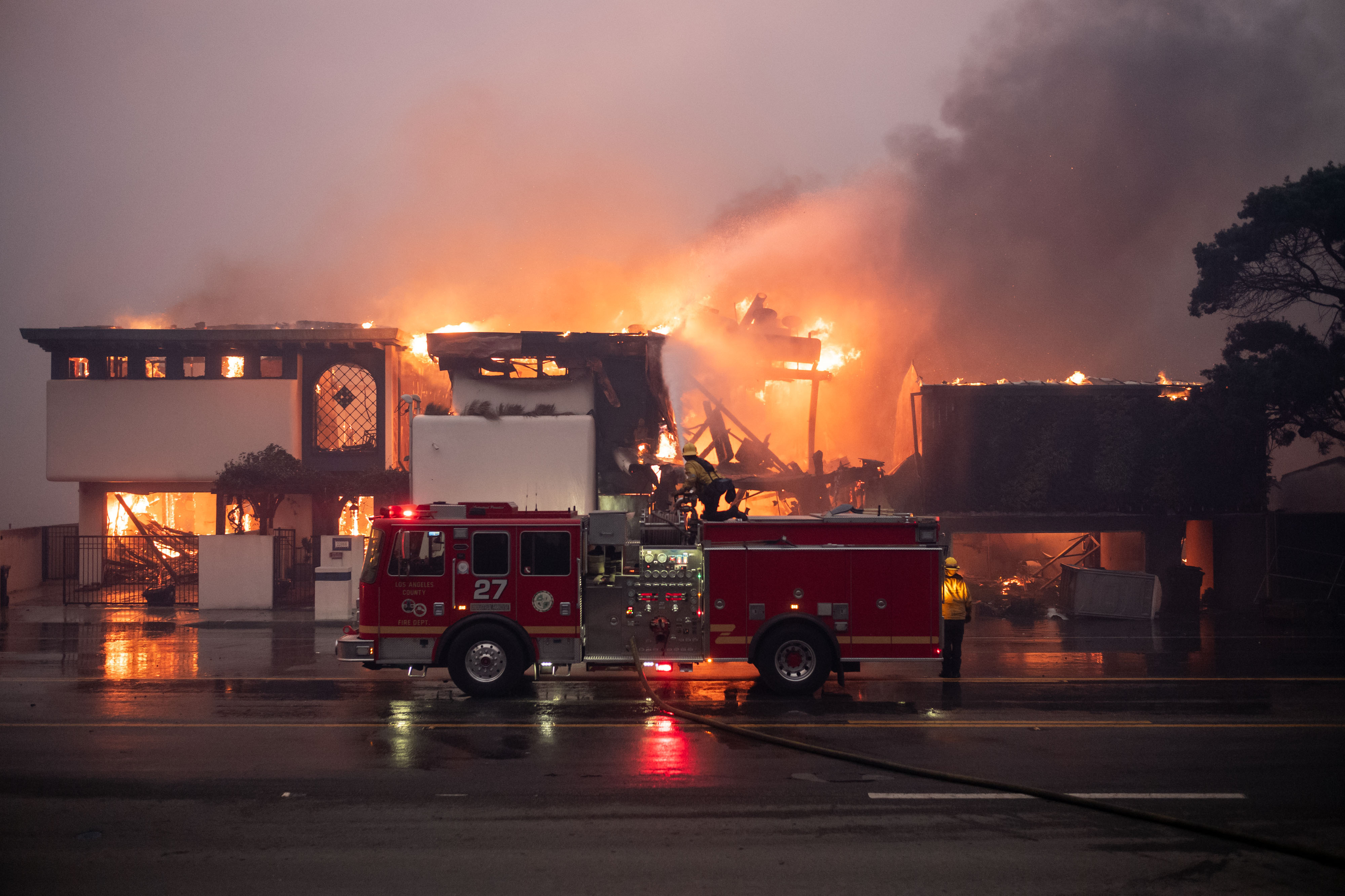What to Know
- The handbag maker is acquiring Gianni Versace for $2.1 billion, including debt
- Donatella Versace, who has helped run the company since her brother Gianni was murdered in 1997, will stay on to oversee the brand
- The global market for personal luxury goods was estimated to be worth $307 billion in 2017
Michael Kors is going high-end.
The handbag maker is acquiring Gianni Versace for $2.1 billion, including debt, providing Kors a launching pad into the exclusive high-end European luxury market.
Following the close of the acquisition, Michael Kors will change its name to Capri Holdings, inspired by an "iconic, glamorous and luxury destination" island, the company said on Tuesday.
It plans to grow Versace to $2 billion in revenue globally and increase its retail footprint from roughly 200 to 300 stores.
The deal marks one of the first times an American company has cracked the code of super high-end luxury fashion, typically controlled by LVMH, the owner of Guerlain and Givenchy, and Kering, the owner of Balenciaga and Yves Saint Laurent. Michael Kors had already dipped its toes in European fashion, last year buying shoe brand Jimmy Choo for $1.2 billion.
As part of the deal, Donatella Versace, who has helped run the company since her brother Gianni was murdered in 1997, will stay on to oversee the label. That retention will be crucial to Kors as it looks to validate itself to other premium European brands and their visionaries.
U.S. & World
Stories that affect your life across the U.S. and around the world.
While the number of sizable U.S. brands to acquire has dwindled, the European luxury market has become rife with opportunity. As founders and owners of European luxury brands put an eye toward retirement, a number of businesses, like Prada and Giorgio Armani have have been turning up on wish lists for luxury retailers.
The global market for personal luxury goods was estimated to be worth $307 billion in 2017, according to recently filed registration documents for luxury marketplace Farfetch, which went public last week. The luxury market is expected to reach $446 billion by 2025, according to the data.
The push further into luxury serves also as a defense for the next economic downturn, more than a decade after the last one in the U.S. Those that can afford a Versace dress are among the most likely to continue to spend during a recession than those who shop more affordably, industry experts say.
"Where Michael Kors has traditionally sat has been hit harder than true luxury [in recessions], so diversifying across traditional luxury may give them some insulation," said Kathy Gersch, former executive vice president of strategy and change at management firm Kotter.
Still, Michael Kors has some challenges ahead of it with the Italian brand known for its bold prints in the U.S., where the brand has been under-invested, industry bankers tell CNBC.
Michael Kors has been eyeing the space for quite some time. Both it and competitor Tapestry, the parent of Coach, suffered the repercussions of expanding their affordable luxury brands too widely, thereby diluting their stature in the process. Meantime, the malls in which shoppers often pick up their affordable luxury brands have become increasingly desolate as shoppers head online.
Meantime, Michael Kors has also been eyeing Europe, where last quarter sales declined roughly 1.6 percent. The company has 192 of its 1,038 stores in Europe.
"I think that if we can get our business turned around in Europe, which we are very focused on, I think that our performance, again, would rank probably in the middle of the pack of the real luxury players on a global basis," Michael Kors' CEO John Idol told analysts in August.
Private-equity firm Blackstone, which owns 20 percent of Versace, will cash out as part of its deal.
This story first appeared on CNBC.com. More from CNBC:



